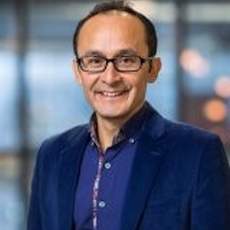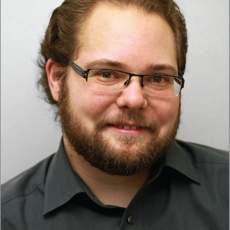Summary of the project
The Department of Electrical Engineering/Applied Physics has been continuously improving the Terahertz Systems course. This proposal outlines the implementation of a Hybrid Lab (HL) learning environment to address the limitations faced by students. These limitations include limited access to expensive laboratory equipment due to cost and space constraints, exacerbated by the COVID-19 pandemic.
The project establishes a complete HL environment for the course. This involves expanding capabilities by incorporating a second setup (THz CW) alongside the existing THz TDS setup. During the project, student teams have been working collaboratively in the HL format, with some members performing tasks remotely (experiment design, monitoring, data analysis) while others operated the equipment on-site. Real-time online interaction has been being facilitated during setup, initial operation, and data collection.
To achieve this, the project has been requiring investment in specific equipment and support. Scripting and coding expertise has been necessary to create user interfaces for remote operation. Additionally, a high-end PC with a powerful GPU was needed for remote monitoring and operation. An online facility for data storage, sharing, and processing was also crucial. The project proposes adding monitoring equipment to provide students with a deeper understanding of the systems. Finally, the possibility of incorporating motorized mechanical stages for advanced remote operation is under consideration.
Aim of the project
The aim of this project is to enhance the learning experience for for students enrolled on the Terahertz Systems course. By implementing a HL environment, the project addresses limitations of traditional lab-based learning. The HL approach has been offering increased access to high-end equipment, catering to a larger number of students and overcoming space limitations. It has also been providing flexibility by enabling remote participation, particularly relevant in the current pandemic context.
This project has been aligned with TU/e's commitment to Research Based Education (RBE) and Education Strategy 2030. The HL environment has been allowing students to gain valuable experience working with sophisticated equipment. Furthermore, the project has promoted strong communication skills through real-time collaboration within student teams, even in a hybrid setting. Ultimately, the project has been equipped students with the necessary skills and knowledge to excel in careers related to terahertz systems.


